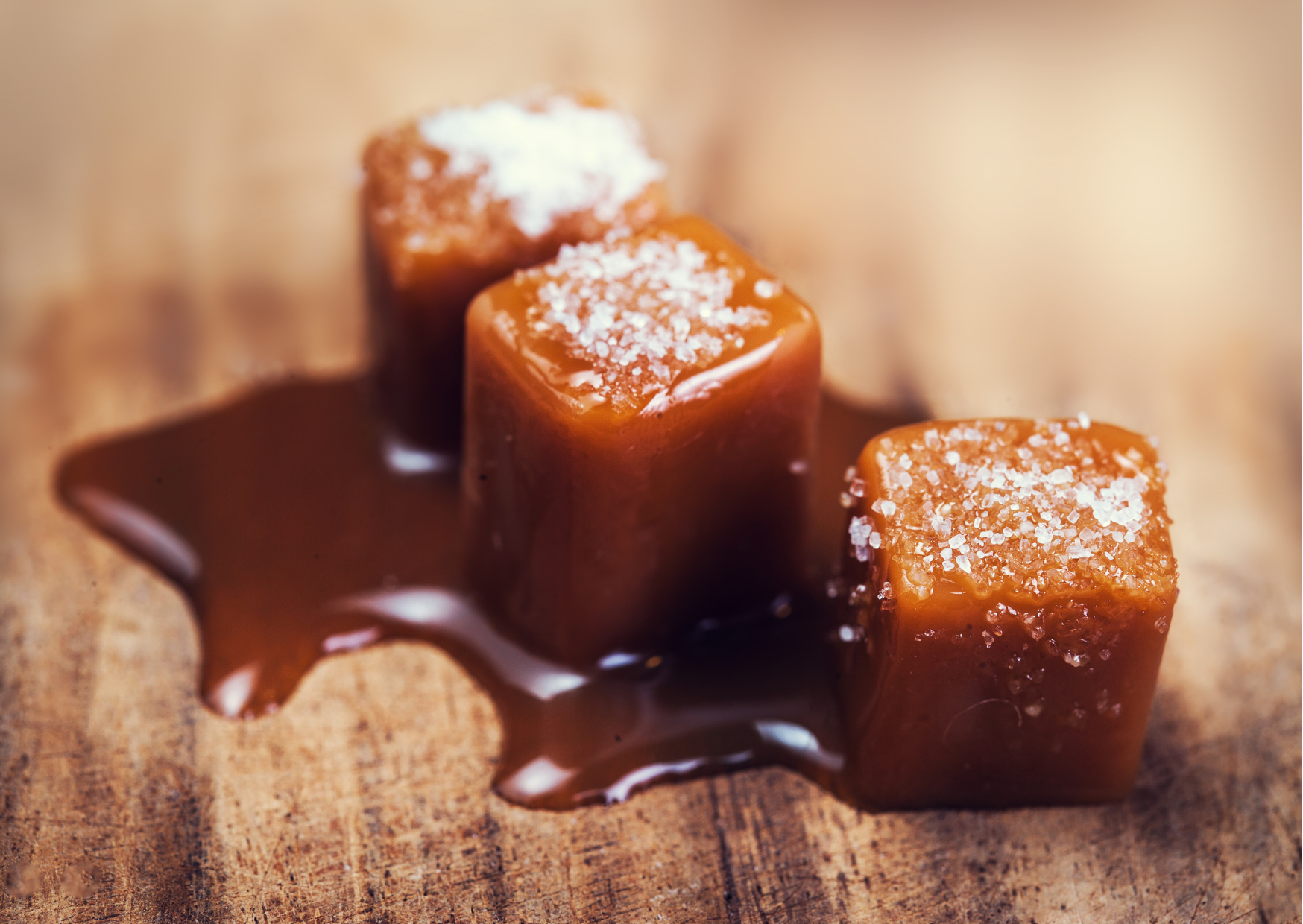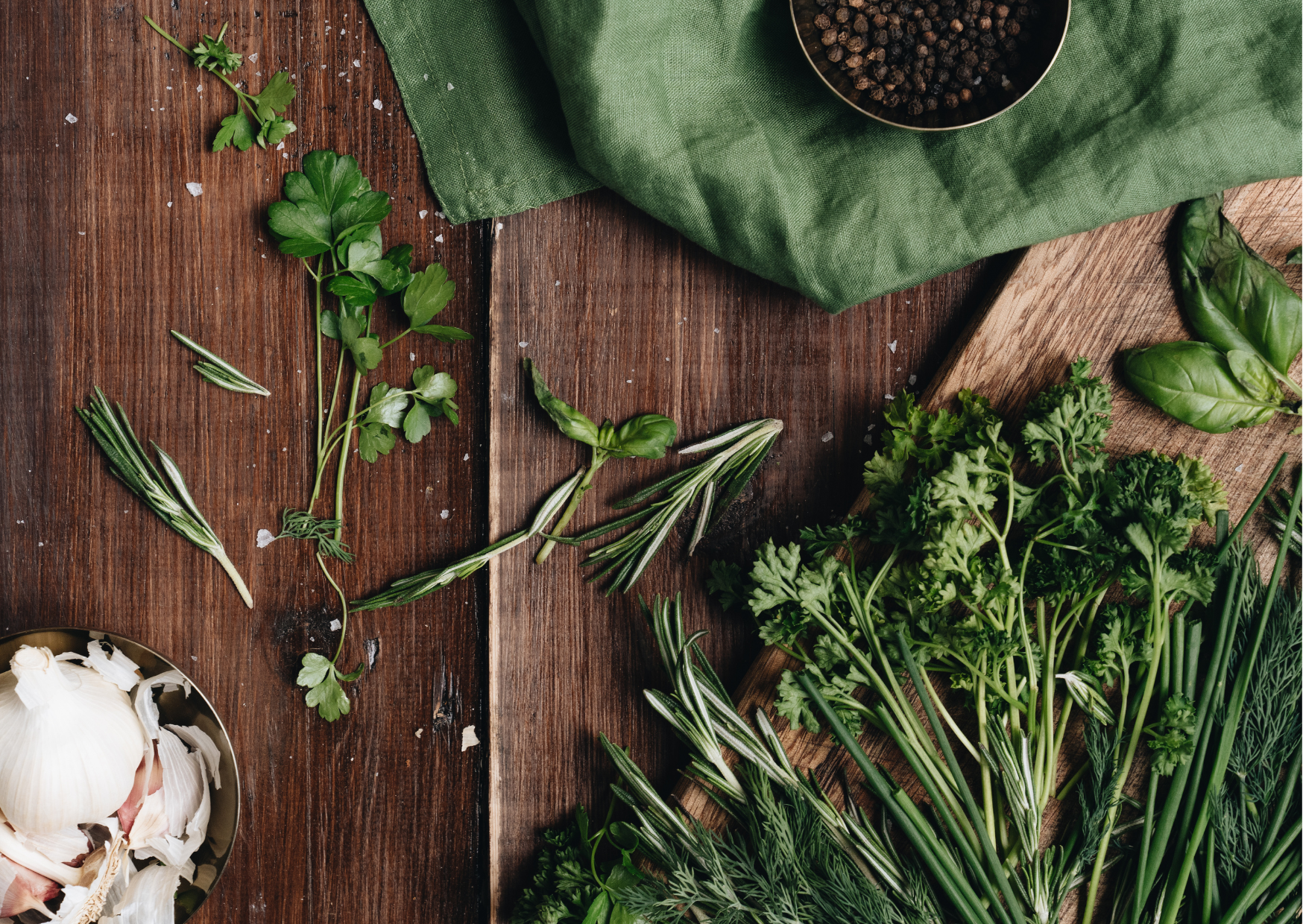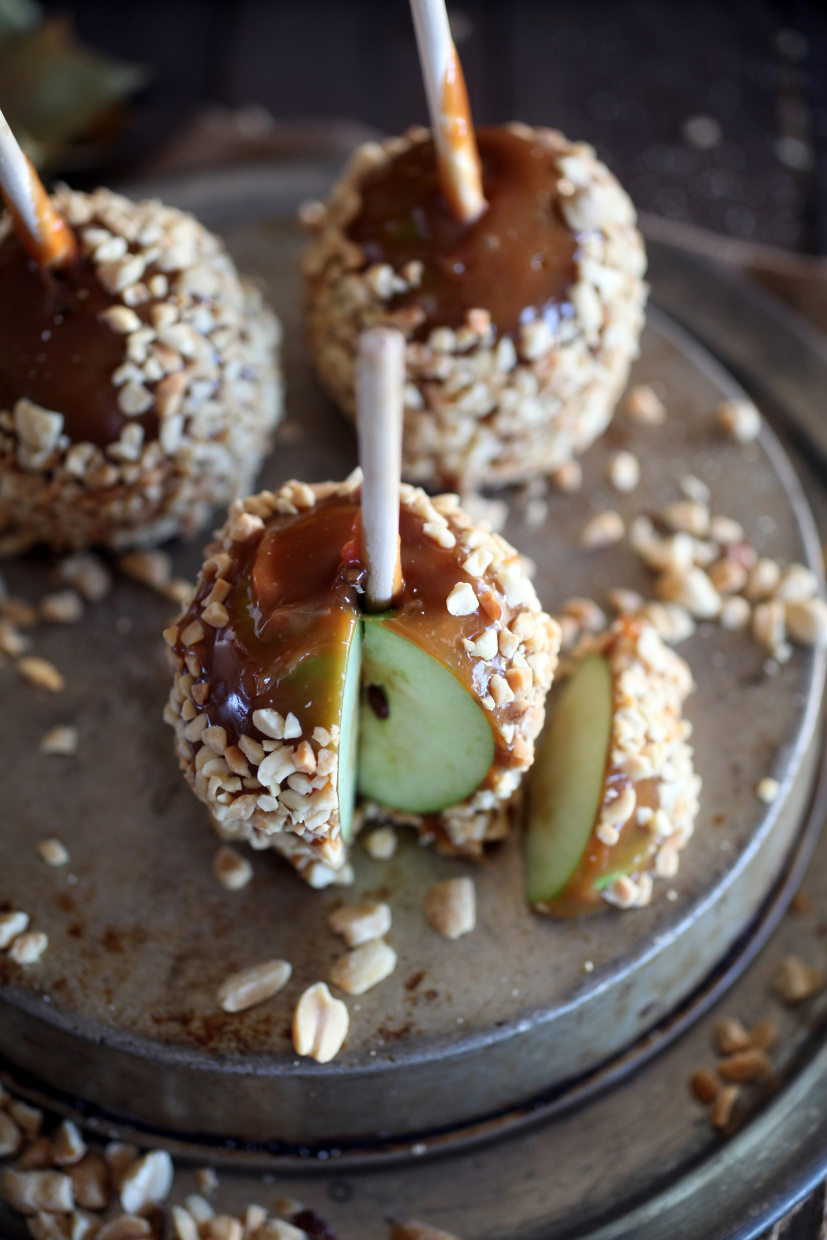Which is the correct spelling? Both are word that exist in English.
Caramel is a melted sugar or syrup with a brown hue.
Carmel is a name of a person or place. Because it is a proper noun, its first letter is always capitalized.
Although caramel and Carmel have two completely different meanings, carmel (with a lowercase C) is a common misspelling of caramel. Some regions of English-speaking nations pronounce caramel with three syllables as "ca·ra·mel" while others say pronounce it with two syllables as "car·mel". Hence, people who pronounce caramel as "car·mel" may misspell the word as carmel.
What does "Carmel" mean?
"Carmel" is often used to refer to places or names, such as Carmel-by-the-Sea, a charming coastal town in California known for its natural beauty and artistic community. It can also be a given name or surname for individuals.
Example sentences
- Carmel-by-the-Sea is a picturesque coastal town in California known for its stunning beaches and charming architecture.
- As Sarah walked along the Carmel coastline, she marveled at the breathtaking views of the Pacific Ocean.
- Carmel Valley is famous for its vineyards and wineries, making it a popular destination for wine enthusiasts.
- The Carmel Mission, founded in the 18th century, is a historic landmark with beautiful gardens and architecture.
- Many artists find inspiration in Carmel's natural beauty, and the town has a thriving artistic community.
- We decided to spend our vacation in Carmel, exploring its art galleries and enjoying its culinary delights.
- Carmel's unique atmosphere and cozy cottages make it a romantic getaway for couples.
- Carmel is renowned for its dog-friendly policies, making it a perfect destination for pet owners.
- The Carmel Bach Festival is an annual music event that draws classical music enthusiasts from all over the world.
- The Carmel Highlands offer some of the most stunning coastal views in Northern California, attracting hikers and nature lovers.
What does "caramel" mean?
Caramel is a sweet substance made by heating sugar, sometimes with butter and milk, until it turns brown. Caramel can be used as a flavoring or ingredient in a wide variety of desserts, such as caramel candies, caramel sauce, caramel apples, and caramel-flavored coffee. It is a popular and indulgent treat loved for its rich, sweet, and slightly nutty taste.
Example sentences
- The caramel sauce drizzled over the warm apple pie made it an irresistible dessert.
- As the sugar melted and turned golden brown, it transformed into a rich and fragrant caramel.
- She enjoyed making homemade caramel candies as a special treat for her friends and family.
- The ice cream parlor offered a wide range of flavors, but their salted caramel was always the bestseller.
- The sweet aroma of caramelized onions filled the kitchen as they sizzled in the pan.
- After dipping the apples in caramel and allowing them to cool, they were ready for a fun and tasty treat.
- The caramel macchiato was her go-to coffee order, with its perfect blend of espresso, steamed milk, and caramel syrup.
- The chef prepared a sumptuous dessert featuring a caramel flan topped with fresh berries.
- He couldn't resist the temptation of a caramel-covered popcorn bag while at the movies.
- Caramel is a versatile ingredient, adding sweetness and depth of flavor to a wide range of confections and desserts.
Common idioms/phrases
While these idioms and phrases don't directly involve the word "caramel," they capture the essence of sweetness and indulgence often associated with caramel and sweet treats in general.
- As sweet as sugar: This phrase is used to describe something exceptionally sweet or pleasant, much like the sweetness of caramel.
- A piece of cake: While not directly related to caramel, this idiom means that something is very easy to do, just like enjoying a piece of caramel candy.
- Sugarcoat: To sugarcoat something is to make it appear more pleasant or less harsh than it really is. This phrase relates to adding a sugary coating, much like caramel.
- Take the cake: When someone's actions or circumstances are particularly surprising or noteworthy, you might say they "take the cake," much like a caramel dessert taking center stage at a meal.
- The icing on the cake: This expression refers to something that makes an already good situation even better, similar to caramel sauce enhancing the flavor of a dessert.

Different pronunciations
Although the pronunciation of words can differ greatly from region to region, spelling tends to stay more consistent. There are debates in the US on how to pronounce words like almond, GIF, and aunt. How do you properly pronounce the "A" in almond? Do you pronounce the "G" in GIF as a "G" sound or a "J" sound? Is the pronunciation of aunt "ant" or "ahnt"? Likewise, caramel also has multiple pronunciations depending on the region or even person.
These highly debated words differ from commonly mispronounced words such as salmon, which has a silent "L". The proper pronunciation is "sa·mon" in both American and British English. Also note that the proper pronunciation in one English-speaking country or region can differ from another. In the US, to properly pronounce the word herb, you keep the "H" silent and say "erb". Pronouncing the "H" in herb would be considered incorrect in the US. The word herb originates from French, which keeps its "Hs" silent. In the UK, however, the "H" in herb is pronounced. This discrepancy can confuse an English learner who is unfamiliar with the different pronunciations across different countries or regions.

There are also the debates regarding the pronunciation of foreign-borrowed words like croissant and brand names like Porsche. The French word croissant has a silent "T" in French but the standard pronunciation in the US involves sounding out the "T". Some argue that Americans should pronounce it the American way while others disagree and say the word should be pronounced as it is in its original language, French.
Porsche is a brand name with a pronunciation that is also highly debated. Although in its original language, German, Porsche is pronounced "por·sha", Americans tend to pronounce it as "por·shay" or even "porsh". Should Americans pronounce it the German way as it is a German brand, or should they stick to the American way?
Pronunciation is a mystery that can be highly subjective as with other aspects of language. We may never come to a consensus on how to pronounce caramel, but we do know for a fact that the proper spelling of caramel when it refers to the food is caramel.
Practice questions
The following are ten practice questions you can try out to test whether you know the difference between caramel and Carmel. You can find the answers at the end of this page.
- Have you ever tried caramel/Carmel apples?
- Caramel/Carmel wanted to go to the observatory to look at the stars.
- Do you like the taste of caramel/Carmel on your pie?
- I made caramel/Carmel from scratch by melting sugar in a pot.
- You could hand in your assignment to caramel/Carmel, the teaching assistant.
- My cousin lives in caramel/Carmel, Indiana, and I haven’t seen him in almost eight years.
- Be careful not to burn the caramel/Carmel or it will stick to the pot.
- Valerie gets a caramel/Carmel macchiato every morning before work.
- Caramel/Carmel is not a healthy choice for those with diabetes and can cause cavities.
- Why did caramel/Carmel want to take the bus instead of the subway?

Answers to practice questions:
- caramel
- Carmel
- caramel
- caramel
- Carmel
- Carmel
- caramel
- caramel
- Caramel
- Carmel













